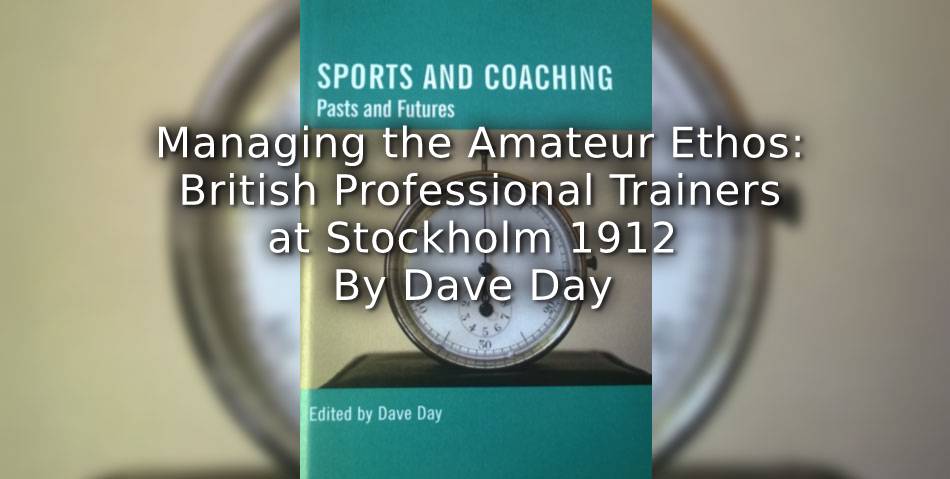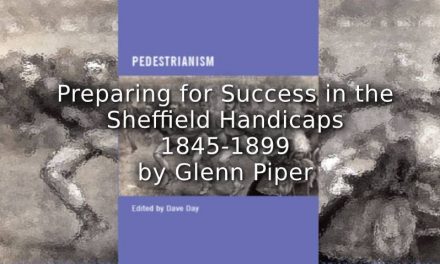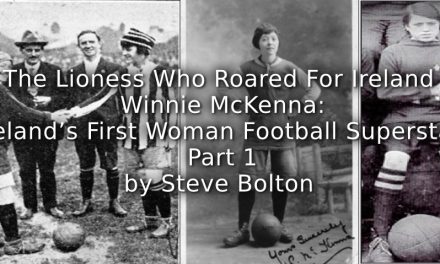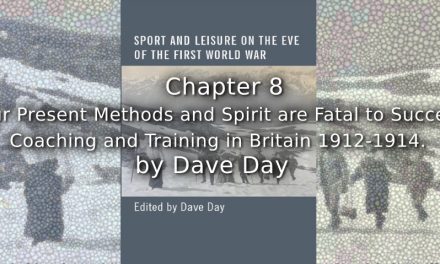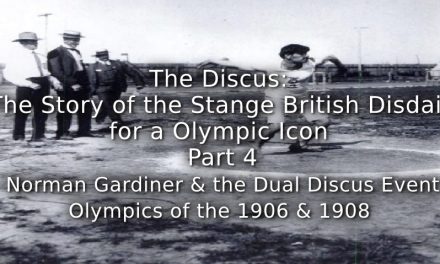This podcast, by Dave Day was delivered as part of a collection of papers on aspects of coaching and sport in an international conference titled Sports and Coaching: Pasts and Futures hosted by Manchester Metropolitan University’s Institute for Performance Research in June 2011. The full collection of papers were later published in book form, please click here for more details and purchase information
When the Olympic Games were staged in London in 1908 the British organising committee ensured that the definitions of amateur formulated by individual national governing bodies were enshrined into the regulations for the event and contemporary newspaper reports comparing British and American attitudes to sport suggest that the amateur ethos, which supposedly incorporated a resistance to professional coaching, was an integral feature of the British approach to this and subsequent Olympics. Taken at face value it could be concluded that this was partly responsible for the rapid decline in British competitiveness in international sport but an understanding of the value of practical and experienced coaches was never limited to American and European athletes and professional trainers accompanied the British Olympic team to Stockholm in 1912. This paper explores briefly the life courses of some of these individuals and argues that the formal appointment of trainers highlights both the fluid nature of interpretations of amateurism in this period, even within national governing bodies, and the widespread recognition of the essential contribution that expert coaches could make to sporting performance. It appears that the elite amateurs who represented their country at the Games were just as appreciative of the input of these specialists as were athletes from other nations, although the master-servant relationship engineered by British amateurs contrasted with the levels of control afforded to coaches elsewhere, especially in America… To listen to the rest of the paper – press play below:
Article © Dave Day

